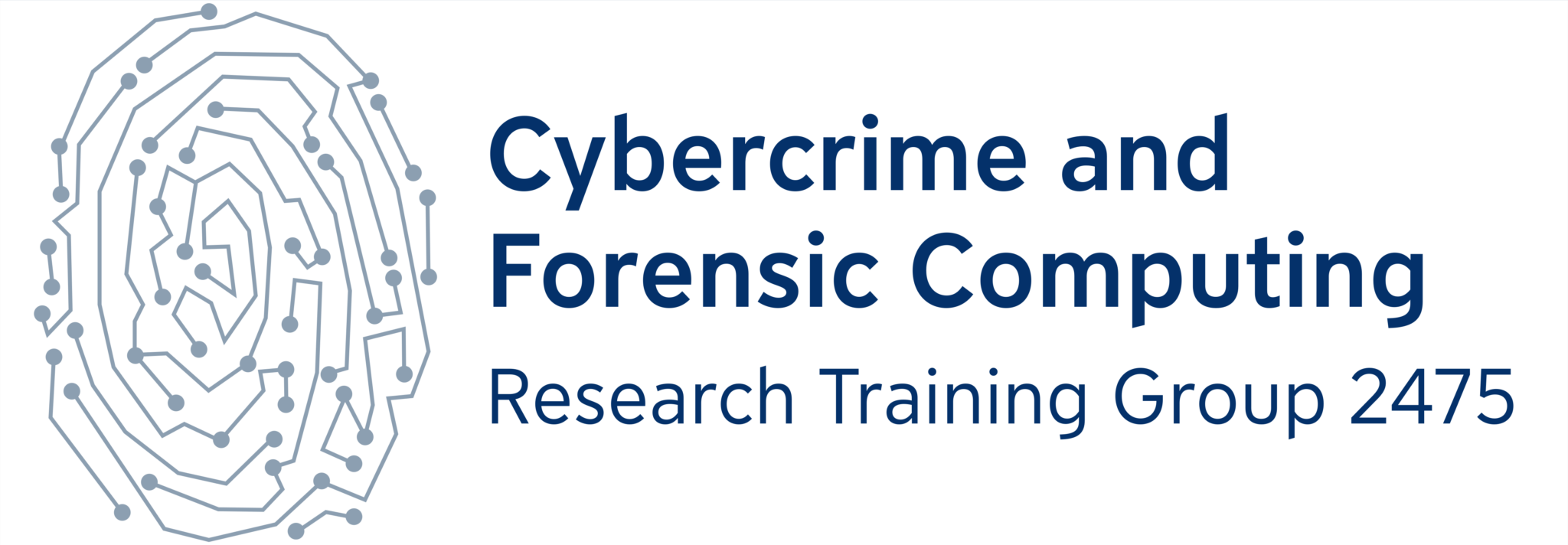Research
Our team works on different research areas and projects, often collaborating with other national and international experts.Research area
The rapid growth in data collection, fueled by digitization and the rise of connected devices, is creating exciting opportunities for innovation and greater efficiency across many domains. However, this surge in data also brings new risks, including increased vulnerability to cyberattacks and emerging privacy concerns, especially as advances in Artificial Intelligence enable the processing of vast amounts of personal data.
To address these challenges, our Research Unit is dedicated to reconciling technological progress with the protection of users’ privacy. We are pioneering the development of state-of-the-art cryptographic techniques and advanced privacy-enhancing tools. These tools ensure that innovation in areas such as distributed systems, cryptocurrencies, smart healthcare, and smart cities can continue to thrive without sacrificing personal privacy.
Using sophisticated methods such as secure multi-party computation, homomorphic encryption, and differential privacy, we demonstrate that it is possible to preserve privacy while driving technological progress at the same time. Our work underscores the possibility of a future where privacy and innovation are not mutually exclusive but can coexist harmoniously.
Projects
Our work is supported by funding from external projects. Listed below are the projects we are currently engaged with. Access the websites of the projects directly by clicking on them.
Confidential Computing and Privacy-preserving Technologies for 6G
CONFIDENTIAL6G’s research will be based on 3 pillars: post-quantum and privacy-preserving cryptography, confidential computing, and confidential communication.
CONFIDENTIAL6G will develop tools, libraries, and blueprints to ensure confidentiality in 6G. This includes cryptographic enablers as the foundation for building advanced software components, platforms, and applications that enhance secure communication and computing. This will involve using techniques such as secure multi-party computation and federated AI/ML orchestration. The development of future systems will also rely on advanced cryptographic protocols that are resistant to quantum computing attacks, and formal security proofs to ensure the highest level of security.

GRK
This project is funded by the German Research Foundation (DFG) as part of the GRK 2475 Cybercrime and Forensic Informatics. Cybercrime is an increasing threat due to the growing importance of information technology in society. At the same time, new law enforcement methods, such as automated data collection and analysis or surveillance programs, are emerging. However, this raises questions about protecting individuals’ fundamental rights when using forensic informatics. The GRK “Cybercrime and Forensic Informatics” unites experts in computer science and law to systematically explore the field of cybercrime investigation.
